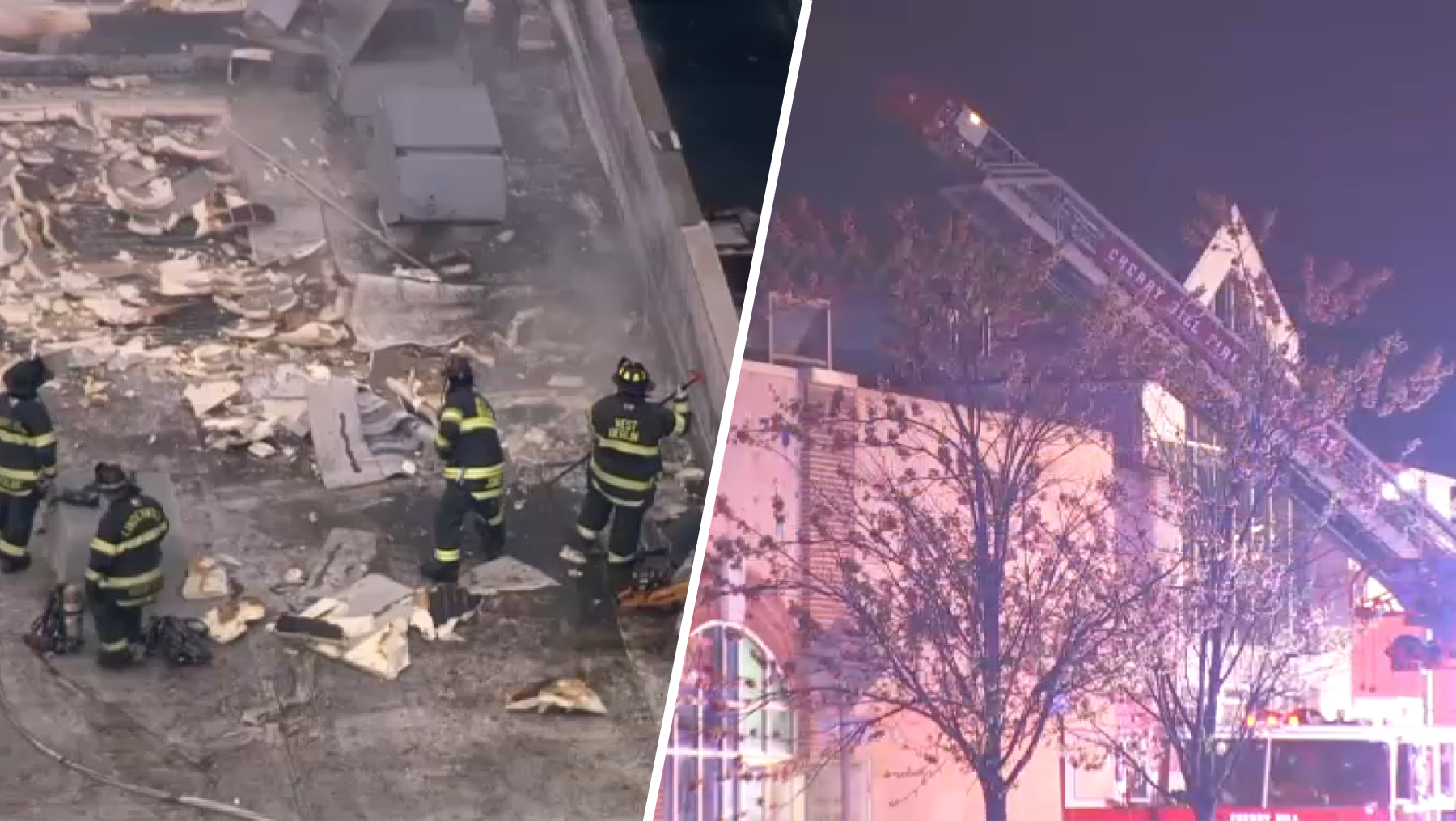More than 45 years after he first leaked the Pentagon Papers, whistleblower Daniel Ellsberg sees history repeating.
The biggest threat now is raising an armed conflict with a nuclear power as President Donald Trump intercedes in Syria.
"This week, things are looking very ominous to me," he said.
Speaking with alumni at the Haverford School outside Philadelphia, the 85-year-old former Marine recounted his journey from alleged traitor to celebrated patriot credited with helping to end the war in Vietnam.
The Pentagon Papers comprised a complete documentation of U.S. involvement in Vietnam from 1945 to 1967, including civilian bombings in Cambodia and Laos and the potential for nuclear war. It was ordered by the acting presiding general, who kept the study secret from then-President Lyndon B. Johnson.
“I felt it shouldn’t be just me who knew this history,” Ellsberg said of his leaking the top secret documents. “It changed my mind so much as to the legitimacy of what we had been doing from the start. In fact, I saw no legitimacy.”
Photos: Pentagon Papers Whistle-blower Sees Parallels to Modern Wars
Local
Breaking news and the stories that matter to your neighborhood.
But perhaps the biggest secret contained therein was the U.S. military’s knowledge that the war could not be won.
“What I saw was that my country was on a wrong course, had been lied into it and was going to continue to … get worse with the public being very deceived,” he said.
The story of how Ellsberg copied these documents is the stuff of Hollywood movies. The former first lieutenant had been working as a high level nuclear war strategist at the RAND Corporation after being honorably discharged. Through his time in Vietnam and at the Pentagon, Ellsberg sensed the war could not be won by foreign forces.
“I assumed that the war was justified … however hopeless it might be,” Ellsberg said. “But when I read the study I thought ‘No, it had never been justified.’ We had no business, no right, to be killing anyone in [the region].”
Disenchanted with U.S. leadership, Ellsberg took the documents out of a safe in his office, volume by volume, and copied all 7,000 pages at a small advertising company owned by a colleague’s girlfriend. It took all night to Xerox the documents, he said.
Ellsberg turned the evidence over to the Senate Foreign Relations Committee expecting a hearing. When his revelations went ignored, he turned to the next best thing: the New York Times.
A nine part series ran in 1971 after being delayed for two weeks by the Nixon administration. During the delay Ellsberg leaked the documents to the Washington Post and other media outlets. Eventually, freedom of speech won out and the world was finally privy to the Pentagon Papers.
Ellsberg was charged under the Espionage Act but later acquitted under the First Amendment. He was Edward Snowden before wiretapping. Julian Assange before Wikileaks. The Pentagon Papers were an embarrassment not just to the armed forces, but to former presidents Johnson and Richard Nixon, both who vowed to negotiate an end to the bloody conflict during their respective administrations.
It would take another several years before the conflict would officially end. When it finally did, the U.S. had spent 20 years at war. Countless of lives were lost or changed forever.
Despite Ellsberg’s best efforts, the United States continues to pursue a policy of dirty wars into present day, he said. Current conflicts in the Middle East feel all too familiar to the whistleblower.
“We were essentially lied into a war in the same egregious way,” he said. “And we’re still there. It’s been 16 years that we’ve been in Afghanistan and Iraq.”
Now the United States is poised dangerously close to yet another quagmire. Trump’s recent missile strike against Syrian forces could signal the beginning of another prolonged and deadly conflict that will cost more American lives. Ellsberg is calling for a more nuanced approach.
“Any president who has gone that far will find it hard to get out of it,” Ellsberg said. “Unless we reach some arrangements with the Russians there is the danger, in this case, of a much greater war than was true even in Vietnam.”



